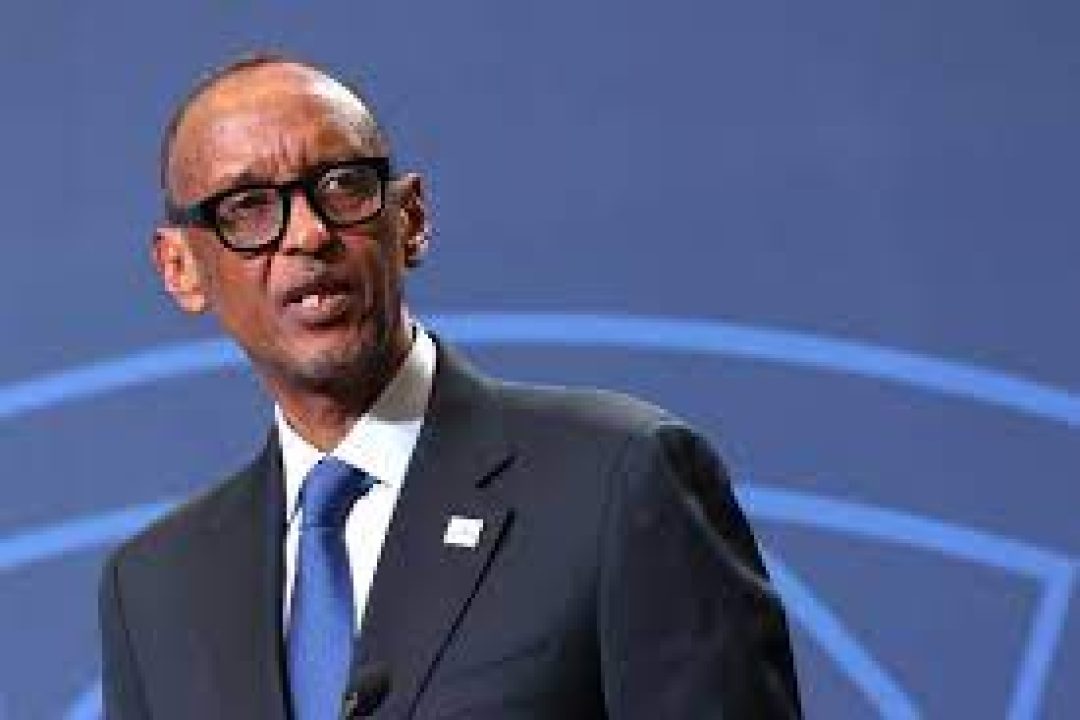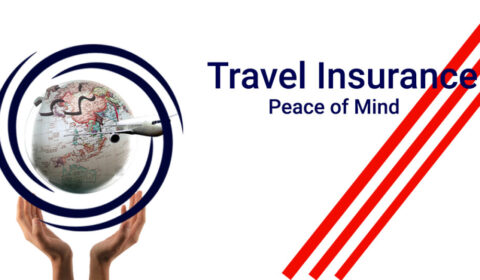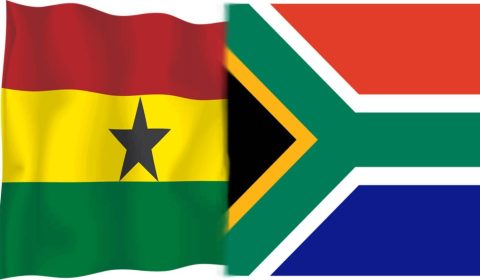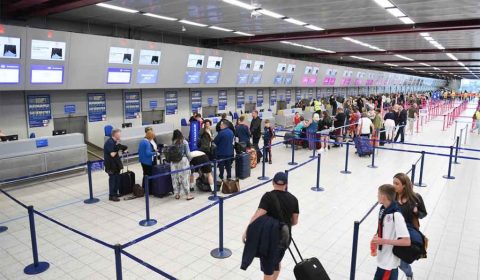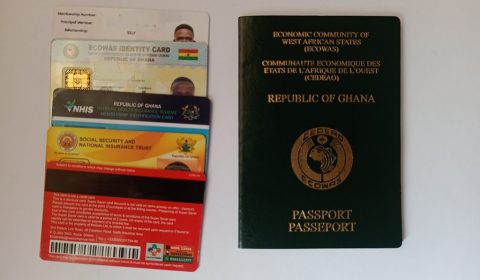Rwanda’s Visa-Free Travel: Boosting African Tourism
Rwanda made an announcement on Thursday, declaring its decision to permit visa-free travel for Africans, following in the footsteps of other African nations that have taken this step to enhance the free movement of people and facilitate trade, much like Europe’s Schengen zone.
During the 23rd Global Summit of the World Travel and Tourism Council in Kigali, President Paul Kagame conveyed this development, emphasizing the potential of Africa as a unified tourism destination. He noted that Africa still relies on 60% of its tourists from outside the continent, as per data from the United Nations Economic Commission for Africa.
Read Also: Fostering Unity: The Ghana-South Africa Visa Waiver
Kagame stated, “Any African can board a plane to Rwanda at their convenience, without incurring an entry fee into our country.” He underscored the importance of recognizing the continental market, adding that Africans represent the future of global tourism, given the rapid growth of the middle class on the continent in the coming decades.
Upon implementation, Rwanda will join the ranks of African nations that have removed travel restrictions for Africans. Gambia, Benin, and Seychelles have already waived visa requirements for African nationals, and Kenya’s President William Ruto recently announced plans to allow visa-free travel to Kenya for all Africans by the end of the year.
Ruto, speaking at an international summit in Congo Brazzaville, emphasized that visa restrictions among African nations hinder business and entrepreneurial activities, ultimately impacting the continent negatively.
In 2016, the African Union (AU) introduced an African passport with the aim of promoting free movement. However, so far, this passport has only been issued to diplomats and AU officials. The African Union’s goal is to eliminate travel, work, and residency restrictions for Africans within their own continent.
The AU also launched the African Continental Free Trade Area, an initiative estimated to be worth $3.4 trillion. Its purpose is to create a single unified market for Africa’s 1.3 billion people, fostering economic development on the continent.
Idea Source: Independent.co.uk


